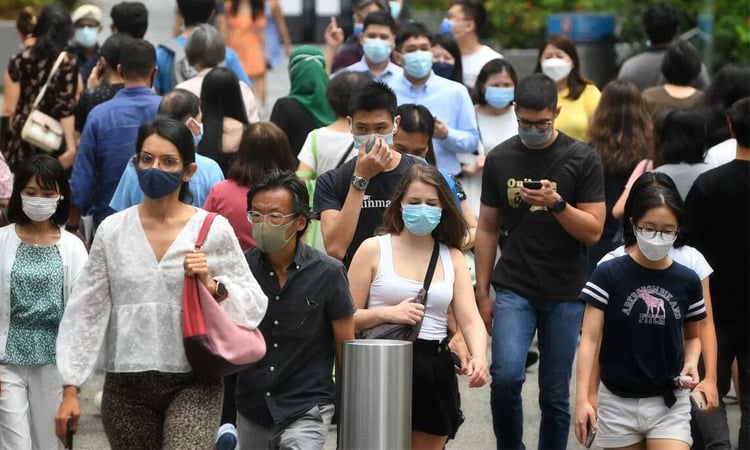News Flash
News Flash

JOHANNESBURG, Nov 3, 2025 (BSS/AFP) - High inequality makes the world vulnerable to pandemics and creates a vicious cycle that puts public health and economies at risk, leading economists, health experts and the United Nations said Monday.
The findings were based on two years of research by the UNAIDS-convened Global Council on Inequality, AIDS and Pandemics and published in a report released ahead of meetings of G20 leaders in South Africa this month.
"High levels of inequality, within and between countries, are making the world more vulnerable to pandemics, making pandemics more economically disruptive and deadly, and making them last longer," the report said.
"Pandemics in turn increase inequality, driving the cyclical, self-reinforcing relationship," it said.
The council that produced the report was led by experts including Nobel laureate economist Joseph Stiglitz, former Namibia First Lady Monica Geingos and renowned epidemiologist Sir Michael Marmot.
This "inequality-pandemic cycle" could be seen in recent global public health crises such as Covid-19, AIDS, Ebola, influenza and mpox, they said in a statement.
"Failure to tackle key inequalities and social determinants since Covid-19 has left the world extremely vulnerable to, and unprepared for, the next pandemic," it said.
The Covid-19 pandemic in particular "pushed 165 million people into poverty while the world's richest people increased their wealth by more than a quarter", they said.
- Breaking the cycle -
Inequality "is a political choice, and a dangerous one that threatens everyone's health", Geingos said in a press release.
The report called on world leaders to increase pandemic preparedness by investing in "social protection mechanisms" within their countries while also tackling global inequality, including through debt restructuring for developing countries.
"Pandemics are not only health crises; they are economic crises that can deepen inequality if leaders make the wrong policy choices," Stiglitz said.
"When efforts to stabilise pandemic-hit economies are paid for through high-interest on debts and through austerity measures, they starve health, education and social protection systems," he said.
This made societies less resilient and more vulnerable to disease outbreaks.
"Breaking this cycle requires enabling all countries to have the fiscal space to invest in health security," Stiglitz said.
The report also urged more equal access to treatments and health technology between richer and poorer countries, calling for increased funding for local and regional production and for an immediate waiver of intellectual property once a pandemic is declared.
Stiglitz is also set to present a report on global inequality and poverty to world leaders ahead of the G20 summit on November 22 and 23.
The Group of 20 (G20) comprises 19 leading economies as well as the European Union and the African Union.